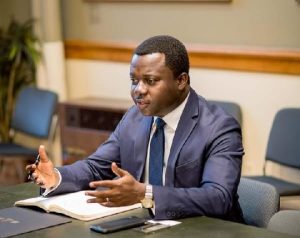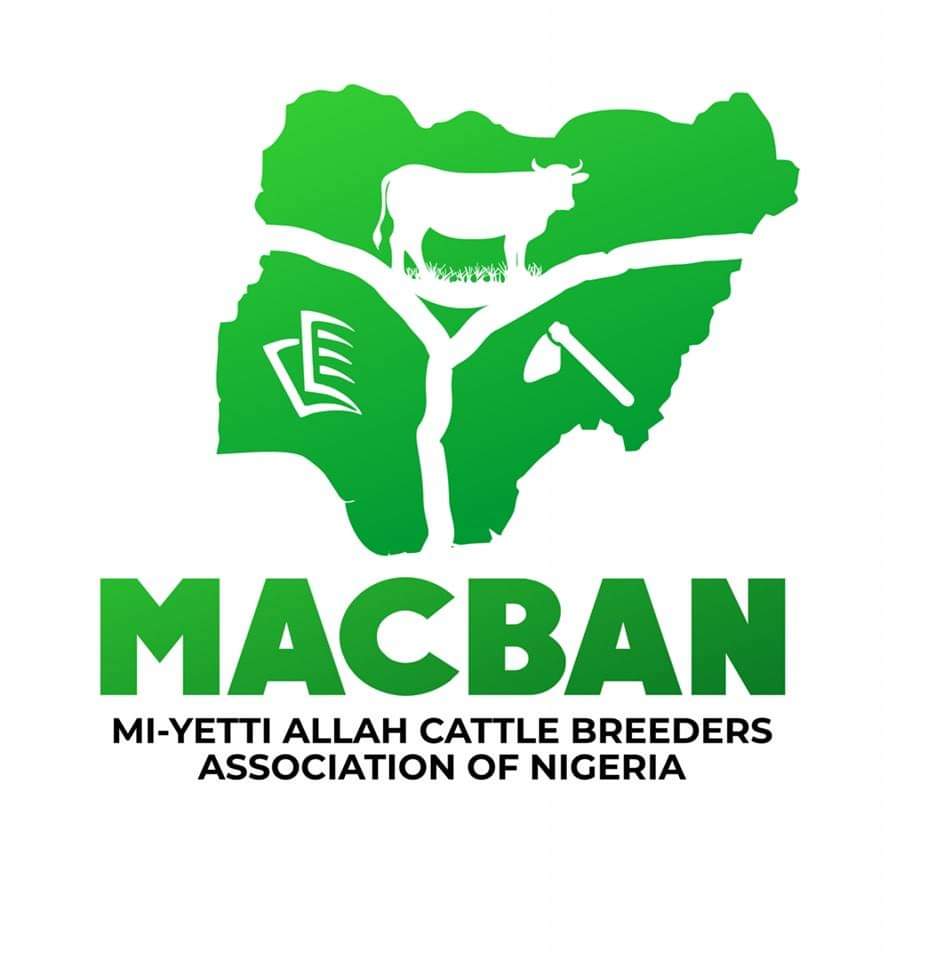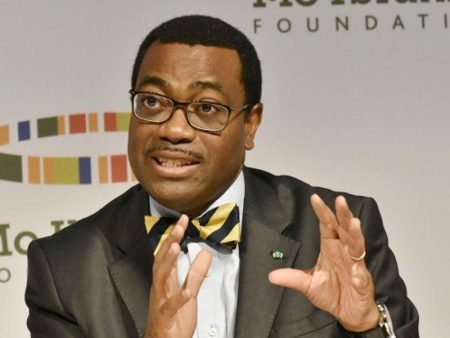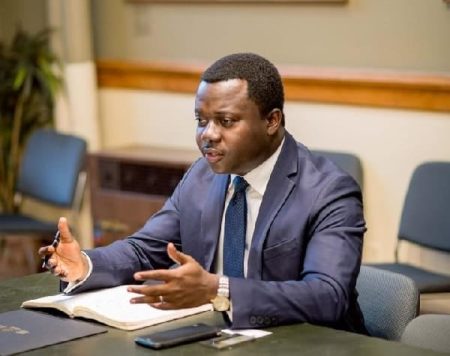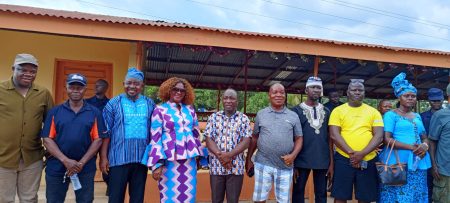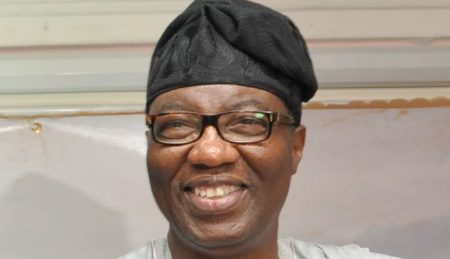The political landscape of Benue State is embroiled in a complex web of accusations, counter-accusations, and escalating violence, with civil society organizations and Fulani herders offering contrasting narratives. A coalition of civil society organizations, operating under the banner of the Coalition for Civil Society in Nigeria and Advocates of Social Justice, points fingers at certain federal-level politicians, alleging they are manipulating the crisis for personal gain. These politicians are accused of stoking tensions and orchestrating violence with the ultimate goal of triggering a state of emergency in Benue State. The coalition claims these actions are driven by a lust for power and a desire to undermine the state government.
The coalition asserts a direct link between the recent surge in violence and the Benue State Local Government Election Tribunal’s decision favoring councillors from the Benue North-West Senatorial District. Since this ruling, they claim, incidents of killings have become commonplace, accompanied by rumors of these acts being politically motivated. The coalition expresses concern that elected officials, entrusted with the responsibility of serving the people, are instead allegedly involved in indirectly causing their deaths for political expediency. They question the logic of these alleged actions, highlighting the tragic loss of life and the potential destabilization of the state.
Counterbalancing these accusations, the Chairman of the Miyetti Allah Cattle Breeders Association of Nigeria (MACBAN), Mohammed Risku, vehemently denies Fulani herdsmen’s involvement in the growing insecurity within the Benue South Senatorial District. Risku maintains that his members are unjustly being scapegoated for the rising tensions and violence. He insists that Fulani herdsmen are eager to cooperate with both state and local government authorities to restore peace and security. Risku describes efforts to establish peace committees, citing successful implementations in other areas like Apa, Agatu, and Adoka, as models for replication in Otukpo. He laments the resistance from the Otukpo community, which has allegedly rejected the idea of collaboration, expressing a desire for the Fulani to leave the area outright.
Risku details his attempts to engage with local authorities and traditional rulers in Otukpo, advocating for the formation of a joint peace committee to address the security challenges. He stresses the importance of inclusive dialogue and cooperation to identify and apprehend the true perpetrators of the violence. Risku asserts that blaming the entire Fulani community without proper investigation is counterproductive and hinders genuine efforts to restore peace. He emphasizes the need for direct communication and collaborative action involving all stakeholders, including Fulani representatives, local authorities, and security agencies, to effectively address the situation.
Further complicating the situation are allegations from the civil society coalition that some federal appointees and lawmakers are planning a large-scale protest in Abuja. The coalition claims these individuals are intentionally exacerbating the violence in Benue to justify the protest and create unrest in the nation’s capital. They urge President Tinubu to be vigilant, suggesting these individuals are close to the government and have the resources to cause significant disruption. This assertion adds another layer of complexity to the crisis, raising concerns about potential political maneuvering and the instrumentalization of violence for political ends.
The civil society coalition’s appeal to President Tinubu underscores the gravity of the situation. They urge him to intervene and restrain these alleged political actors, highlighting the potential for further escalation and destabilization. They also call on security agencies to conduct thorough investigations into the killings, expressing confidence that such an investigation would implicate high-profile individuals. Simultaneously, Risku’s repeated attempts to engage with the Otukpo local government chairman, which he claims have been unsuccessful, juxtapose with the chairman’s denial of these claims, creating a stalemate in communication that further hinders any collaborative efforts to resolve the escalating conflict. This impasse highlights the deep-seated mistrust and lack of communication between the Fulani community and local authorities, adding another dimension to the complex web of accusations and counter-accusations plaguing the region. The differing narratives, the accusations of political manipulation, and the breakdown in communication all contribute to a volatile and precarious situation in Benue State.




